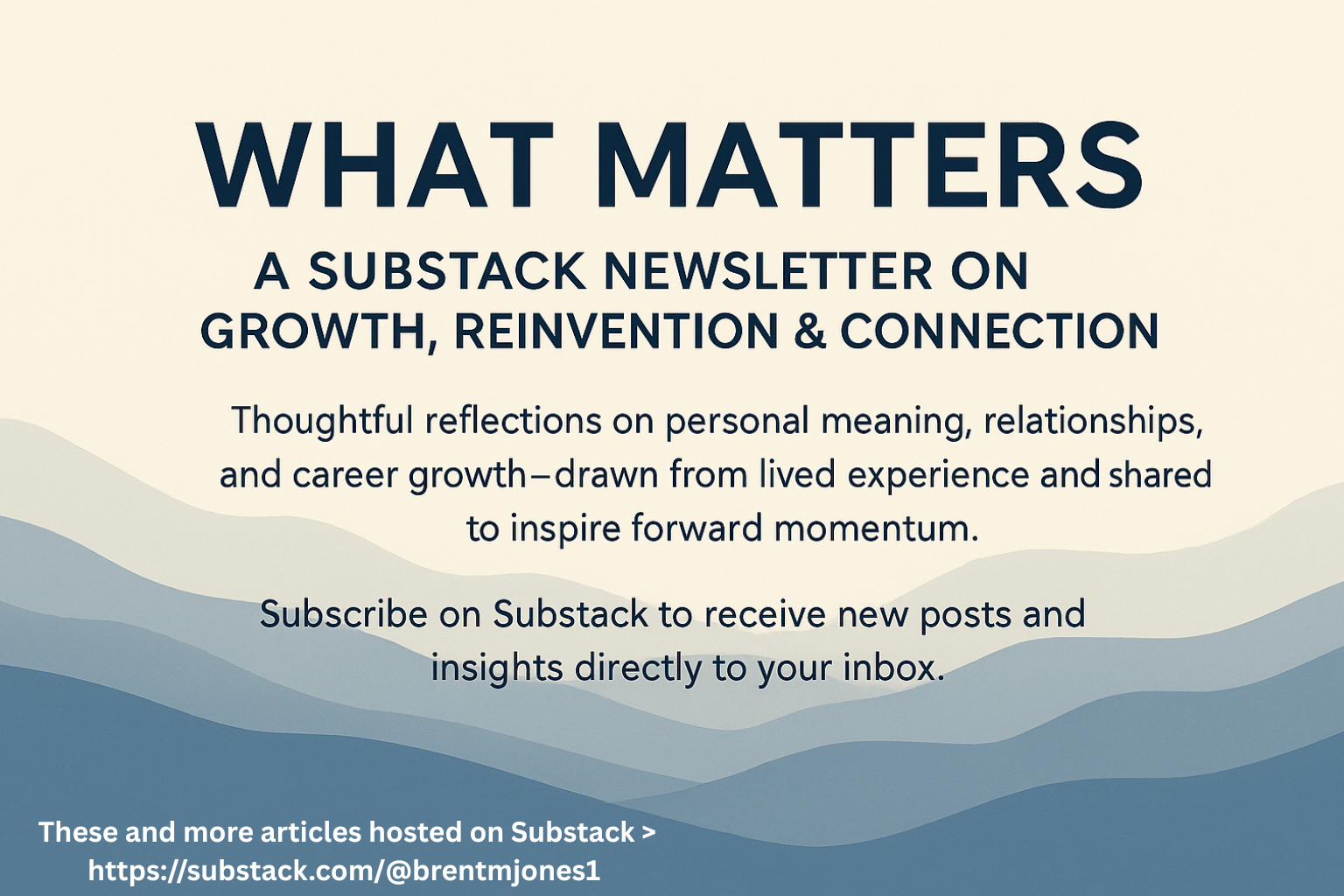“Rommel, You Magnificent Bastard: Why Words Reveal Strategy”
“Rommel, you magnificent bastard! I read your book!” — General George S. Patton Jr.
General Patton’s famous quip is more than military bravado. It’s a sharp reminder that words reveal strategy. Every speech, book, or article tells the world how you think. Sometimes that works in your favor; other times, it arms your competition.
The truth is, what we say and write always gives us away. Our patterns, priorities, and blind spots leak through. For leaders, professionals, and entrepreneurs, that’s both a risk and an opportunity.
The Risk: Giving Away Your Playbook
When you publish an article, launch a book, or share your story, you aren’t just building your brand—you’re handing others a glimpse into your strategy. Competitors may notice your focus areas. Colleagues might catch weaknesses you didn’t intend to show. Even silence on certain topics tells a story.
That doesn’t mean you should stop writing or speaking. It means you need to be intentional. Decide what message strengthens your credibility and what details should stay behind the curtain.
The Opportunity: Reading Between the Lines
Patton’s edge wasn’t just in reading Rommel’s book—it was in learning how his opponent thought. You can do the same in business and life.
Read your competition’s work. Their blogs, reports, and talks show you where their energy is going.
Notice what’s missing. Absences often reveal as much as statements.
Study their framing. How someone tells their story says a lot about their priorities and fears.
This isn’t about copying. It’s about awareness. When you know why others say what they say, you’re better positioned to anticipate, respond, and lead.
The Magnificent Bastard Mindset
In literature, the “magnificent bastard” archetype is the character who is always one step ahead—clever, strategic, and impossible to outmaneuver. Patton’s quote suggests we can all learn from that mindset. Not by being manipulative, but by staying informed, thinking critically, and preparing before others do.
The Takeaway
Every word you share is a signal. Every word your competition shares is a clue. Use both wisely.
Patton’s lesson is as relevant in boardrooms and LinkedIn feeds as it was on the battlefield: knowledge isn’t just power—it’s positioning.
Question for Readers: How do you “read between the lines” in your industry? Do you actively study your competition—or let them study you?



